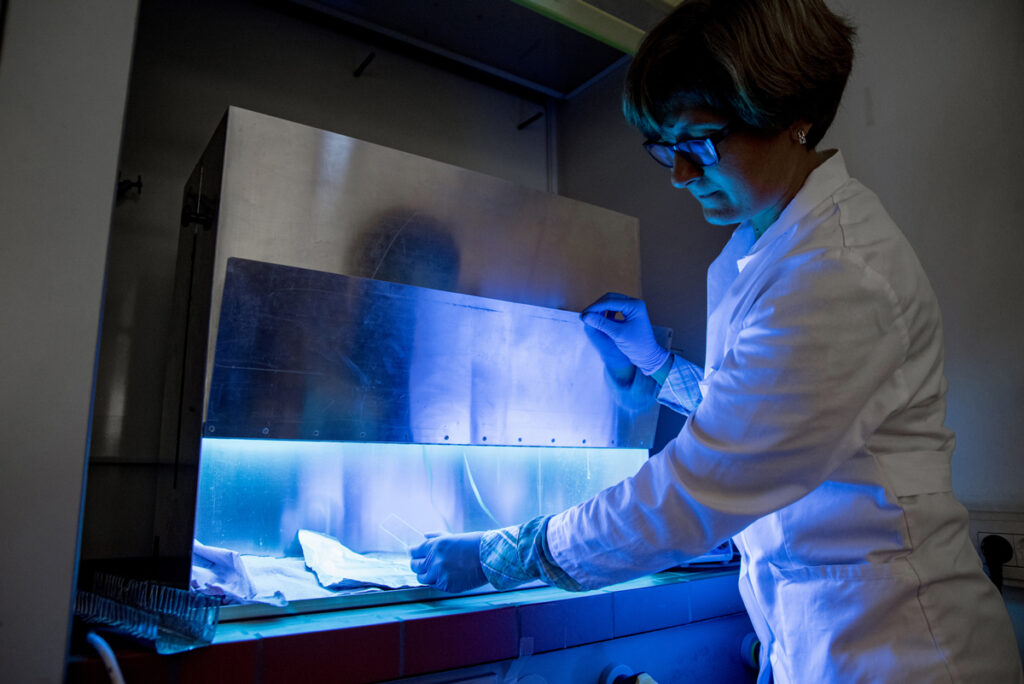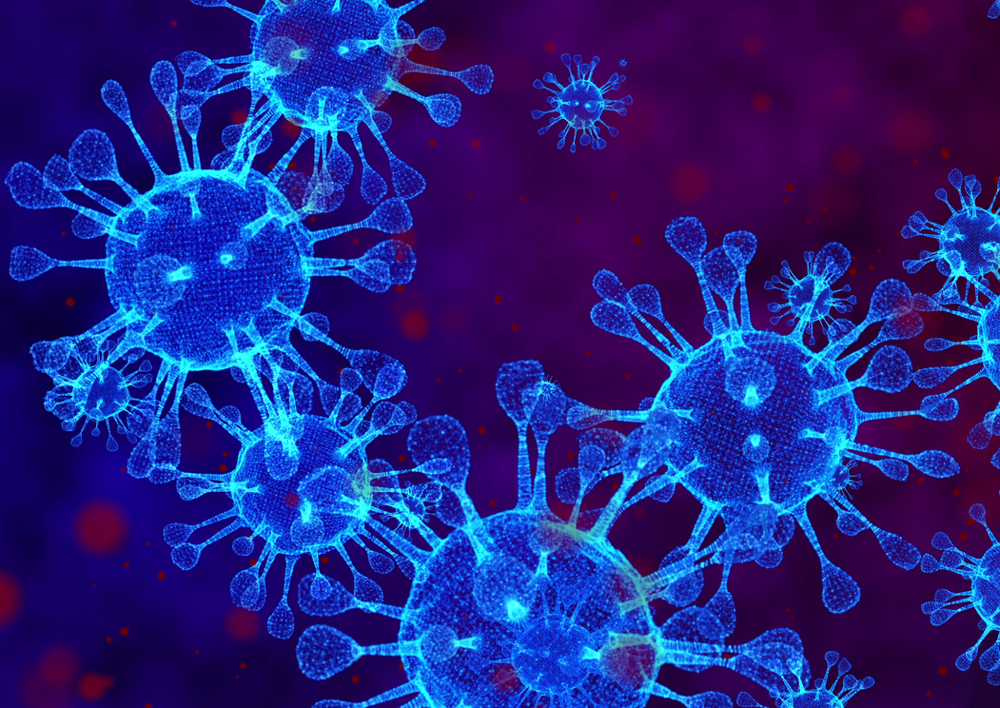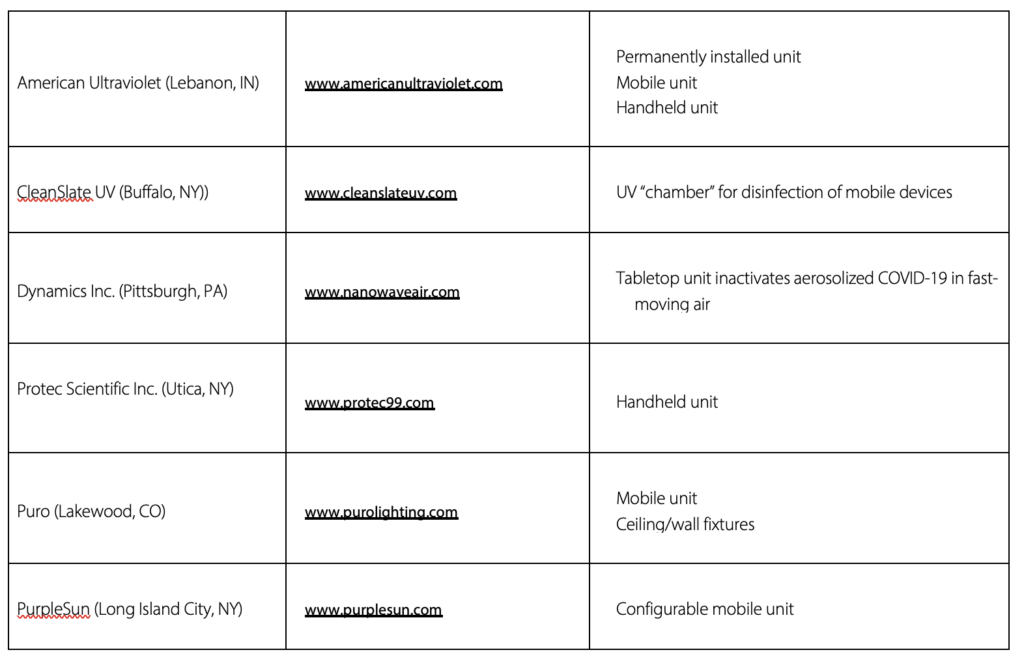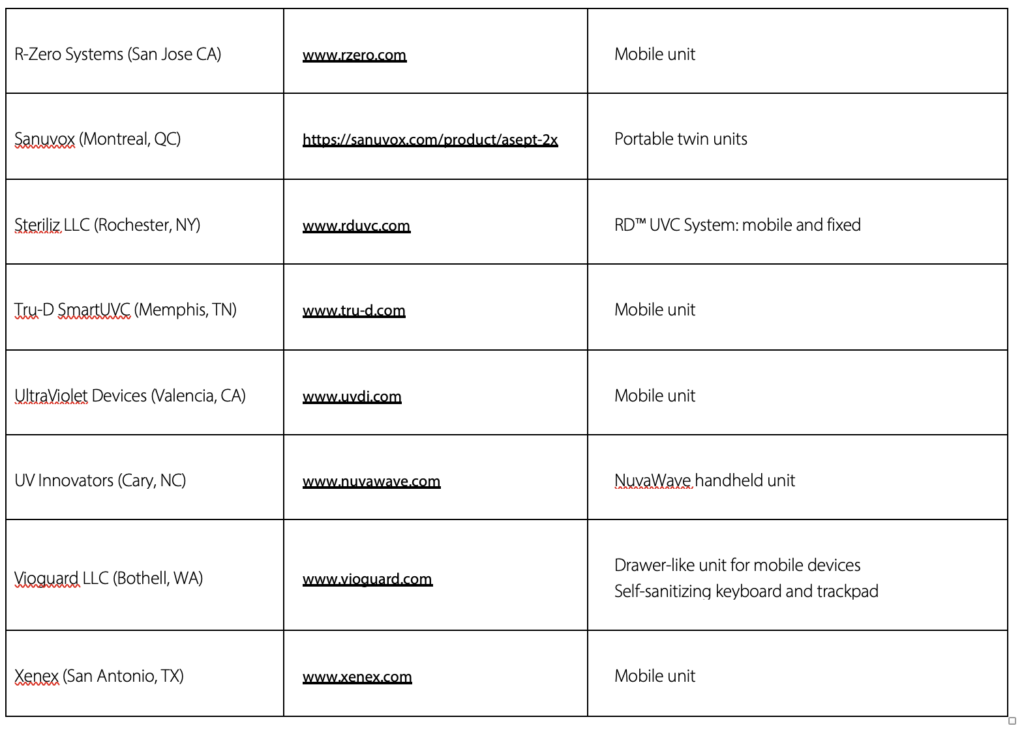Next to front-line workers and Anthony Fauci, mobile ultraviolet ‘robots’ could be the pandemic’s biggest rock stars.

Microbiologists know that ultraviolet radiation can disinfect air, water, and nonporous surfaces. For decades, UV-C radiation – the highest energy portion of the UV radiation spectrum – has been used to reduce the spread of bacteria, such as tuberculosis. Today, because of COVID-19, UV-C is becoming a rock star.
News about UV-C “robots” – mobile units that are wheeled into patient rooms or ORs for rapid disinfection – is showing up in daily newspapers, whose editors are likely to compare them to R2-D2. Hospital staff have even given them names, including Jabba, Zappy and Flash. But cuteness doesn’t come cheap. These units can cost anywhere from $80,000 and $100,000, so it’s not certain how widespread they will become. And at that price, they won’t make their way into the physician’s office or urgent care clinic any time soon.
Do they work?
Science seems to support the effectiveness of UV-C radiation in inactivating the COVID-19 virus. On its website, the U.S. Food and Drug Administration says that “UV-C radiation may be effective in inactivating the SARS-CoV-2 virus,” [underscore added by the editors]. But the companies marketing UV-C units are more emphatic. They cite studies that show 99% or more effectiveness in inactivating the virus in a hospital room in anywhere from 2 minutes to 15 minutes.
Highland Hospital in Rochester, New York, was an early adopter of UV-C technology, acquiring its first mobile unit about nine years ago, says Ann Marie Pettis, RN, BSN, CIC, FAPIC, director of ambulatory infection prevention and control. Prior to COVID-19, they were used primarily to combat Clostridium difficile and norovirus outbreaks. Today the environmental services team operates their units to combat the coronavirus and other infectious disease in the emergency departments, patient rooms and ORs.
Cost has been a factor in slowing down the adoption of UV-C units in hospitals, says Pettis, who is also president-elect of the Association for Professionals in Infection Control and Epidemiology (APIC). In addition, the science to prove their effectiveness has been somewhat slow in coming. “These are not easy studies to devise,” she says. “But I think SARS-CoV-2 has increased the interest level, and that might loosen some purse strings.”
UV-C isn’t a cure-all, she says. All surfaces must be cleaned prior to the UVC treatment. “You can’t sterilize dirt.” Furthermore, UV-C isn’t effective on soft surfaces, and its effectiveness diminishes in shadowed areas. “There’s some geometry associated with using them, as you want to make sure the UV light hits all the surfaces in the room.” That may mean opening drawers, clearing off hard surfaces, and treating the patient-room bathroom as a discrete area. What’s more, UV-C is a danger to eyes and skin, so once the unit is positioned in the room, all personnel and the patient must leave and close the door prior to turning on the unit.

Can UVC radiation kill SARS-CoV-2?
Here’s what the U.S. Food and Drug Administration says
UV-C radiation is a known disinfectant for air, water, and nonporous surfaces. UV-C radiation has effectively been used for decades to reduce the spread of bacteria, such as tuberculosis. For this reason, UVC lamps are often called “germicidal” lamps.
UV-C radiation has been shown to destroy the outer protein coating of the SARS-Coronavirus, which is a different virus from the current SARS-CoV-2 virus. The destruction ultimately leads to inactivation of the virus. UV-C radiation may also be effective in inactivating the SARS-CoV-2 virus, which is the virus that causes the Coronavirus Disease 2019 (COVID-19). … However, currently there is limited published data about the wavelength, dose, and duration of UV-C radiation required to inactivate the SARS-CoV-2 virus.
In addition to understanding whether UV-C radiation is effective at inactivating a particular virus, there are also limitations to how effective UV-C radiation can be at inactivating viruses, generally. … UV-C radiation can only inactivate a virus if the virus is directly exposed to the radiation. Therefore, the inactivation of viruses on surfaces may not be effective due to blocking of the UV radiation by soil, such as dust, or other contaminants such as bodily fluids.
Source: U. S. Food and Drug Administration, www.fda.gov/medical-devices/coronavirus-covid-19-and-medical-devices/uv-lights-and-lamps-ultraviolet-c-radiation-disinfection-and-coronavirus.
Who’s who in UVC lighting
Editor’s note: Not an exhaustive list, but the best we could do before deadline!


